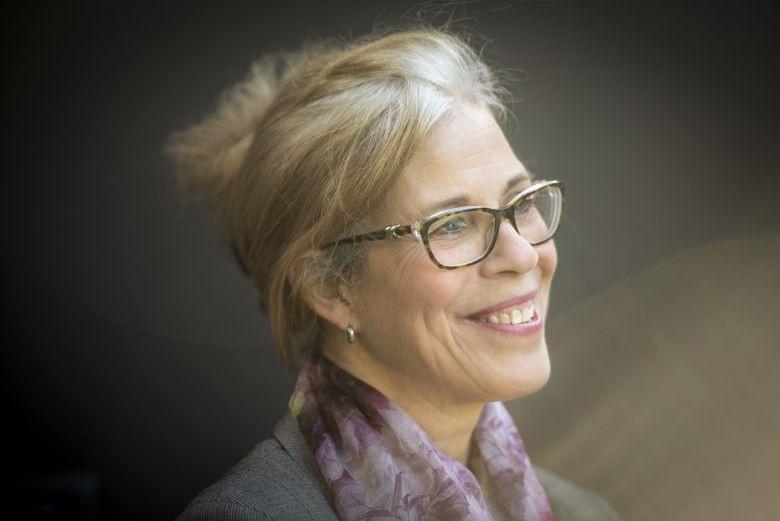VC's perspective: Universities—what are they good for?
07 October 2020 | news
Dawn Freshwater
Vice-Chancellor, University of Auckland
What is the purpose and value of universities? A question that has been asked many times over the centuries, and a critical one at this particular time for a number of reasons.
The current pandemic shows us that the future of work is likely to be very different. University funding regimes are being challenged across the whole of Western society; and the issue of public trust in public sector organisations and the return on investment of public money are all key aspects of this.
We see narratives about universities dumbing down—pleading poverty while swimming in rivers of gold, not being efficient in their use of funding, and not protecting freedom of speech enough. What were once deemed stable public institutions are now being unpicked and unravelled, as we see them move from what were once considered purely social enterprises—as most universities were—to increasingly being institutions of duelling missions: social enterprise being balanced with a sustainable business model.
It has been an incremental shift that hasn’t happened without protest—from academics, some public and students.
In all of that, it is imperative that universities have a cogent and coherent narrative—not around how valuable we are, but around the value we bring to our society. It is a shift universities need to make to speak to society in a different way, in a way that articulates our purpose again.
Our core purpose is education and research. What we do is provide people with choices for their future—and not just them. We give them choices for their families, their future families and their communities.
Those choices—and the degree to which people can engage in co-creating the future—are outputs of a university education. We do this in a way that does not just assume that our graduates will get jobs; our graduates will generate the jobs of the future.
As institutions, universities must talk about our relevance and the impact we make. Why are we relevant? How are we relevant to our Māori, Pacific and other under-represented communities? How can we be relevant in a way that our impact can be seen?
All this relates to public trust and the value that the public places on what we do. No one would doubt that, in the current crisis, the value of the expert has been rehabilitated. Universities are in a privileged position. We have access to thousands of the brightest minds and can help shape the way they think—not just taking the latest from Facebook or surrounding ourselves in an echo chamber where alternative perspectives are seen as threatening.
Our purpose is both a privilege—and a responsibility. We have a responsibility to develop critical thinking, communication skills, debating skills—all the attributes that will help our students take account of multiple perspectives, viewpoints and data points and apply them in making decisions in an informed, human way.
How do we use education to help people see that there are alternative ways of living a life, of finding meaning in life; how we assist in the development of the fundamentals in life, relationships.
I am committed to the campus-based experience of university life, not because I don’t think people can’t learn online, but because university life should be more than that. It’s about building relationships and understanding how to develop interpersonal skills, empathic reasoning, and the development of a moral compass and ethical judgement skills. It is important to have your cognate discipline and knowledge but the application of this is through people working together in creative and imaginative ways, applying what they know in ways and to things they never thought possible. This happens through meaningful connections. Not just the online ones.
I have been here six months, and only 10% of that time has been on-campus. We can get into the routine of being online, but it is exhausting, and has an effect in terms of ability to concentrate, hold threads, pay attention—and on people’s self-confidence.
We can help by realising—students and staff—that we are not automatons. We have been missing out on many of the qualitative aspects of university life, on making connections. Our students are very good at finding ways of doing that for themselves and they can be very innovative in the way they do that.
Mental health and wellbeing is going to be one of the biggest issues we will face as a society, for all sorts of reasons. It goes beyond the pandemic to the technological revolution, the accelerated pace of life, raised expectations of each other. All of this raises anxiety levels. And public sector institutions—including universities—must tackle this together.
